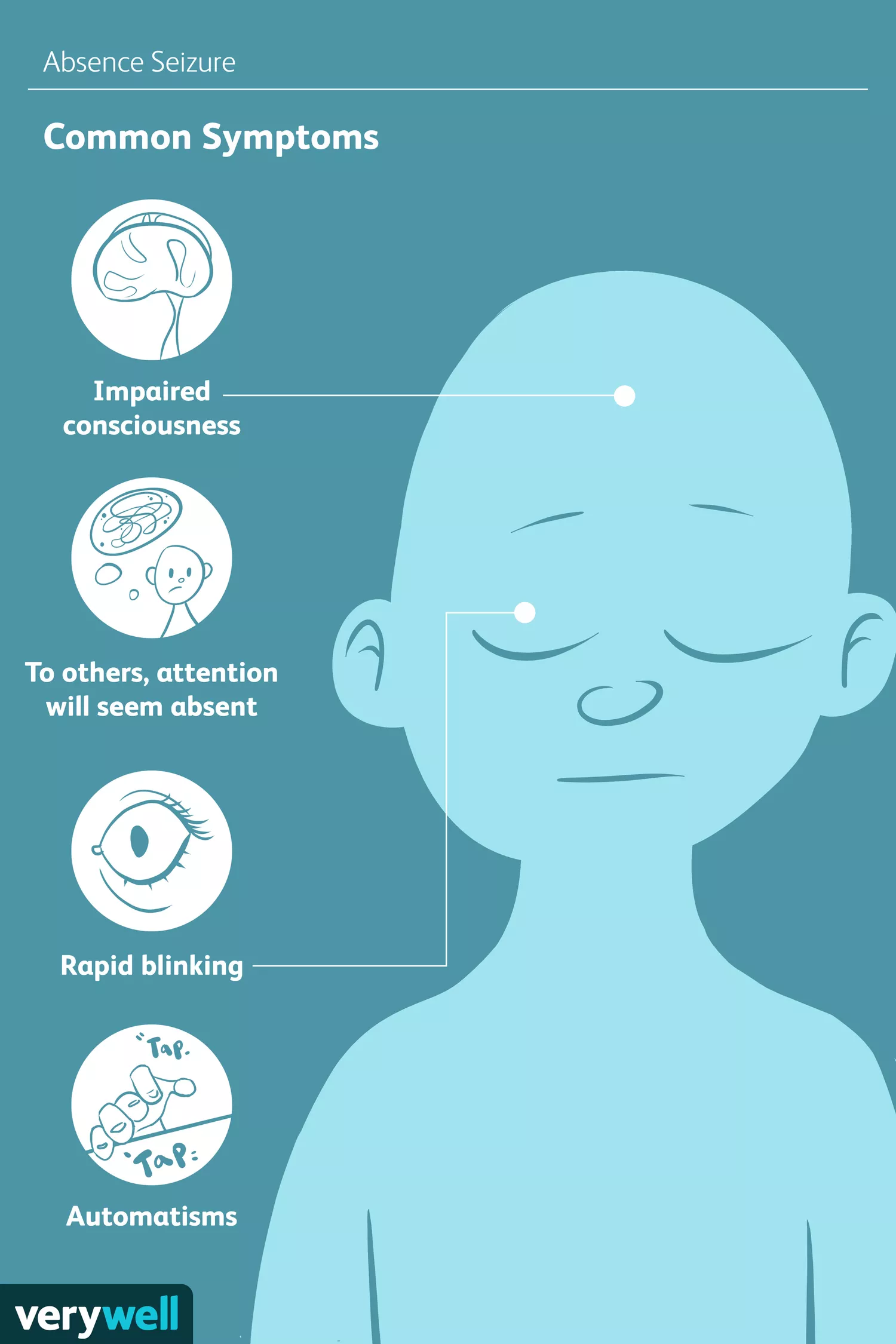Absence Seizures: Understanding Brief Lapses of Consciousness
Overview: Absence seizures are characterized by sudden, brief lapses of consciousness. They are more commonly observed in children than in adults. During an absence seizure, an individual may momentarily stare blankly into space for a few seconds before quickly returning to an alert state. Fortunately, these seizures typically do not cause physical harm. However, there is a risk of injury if the person loses consciousness while engaged in activities like driving or cycling.
Treatment and Outcomes: Anti-seizure medications are effective in controlling absence seizures. Additionally, some children who experience absence seizures may also develop other seizure types, such as generalized tonic-clonic seizures or myoclonic seizures. Remarkably, many children outgrow absence seizures during their teenage years.
Symptoms:
- Vacant Stare: A simple absence seizure manifests as a vacant stare, which can be mistaken for a momentary lapse in attention.
- Duration: The seizure typically lasts about 10 seconds, although it may extend up to 30 seconds.
- Post-Seizure State: There is no confusion, headache, or drowsiness after the seizure.
- Distinctive Signs During Seizure:
- Sudden cessation of activity without falling.
- Lip smacking.
- Eyelid flutters.
- Chewing motions.
- Finger rubbing.
- Small movements of both hands.
- Memory: Usually, there is no memory of the incident afterward. However, if the seizure lasts longer, the person may be aware of missed time.
- Frequency: Some individuals experience multiple episodes daily, potentially affecting their school or daily routines.
Detecting Absence Seizures:
- Brief Nature: Absence seizures are often overlooked because of their brevity.
- Learning Challenges: In children, a decline in learning ability may be the initial sign of the seizure disorder. Teachers might notice difficulty paying attention or frequent daydreaming.
Remember to seek medical attention if you suspect your child is experiencing seizures or if existing seizures persist despite anti-seizure medication. Additionally, prolonged automatic behaviors lasting minutes to hours or confusion after a seizure warrant immediate evaluation by a healthcare professional.
When to Seek Medical Attention:
Contact Your Child’s Pediatrician If:
- You’re concerned that your child may be having seizures.
- Your child has epilepsy but develops symptoms of a new type of seizure.
- The seizures persist despite taking anti-seizure medication.
Contact 102 or Emergency Services If:
- You observe prolonged automatic behaviors lasting minutes to hours (such as eating or moving without awareness) or prolonged confusion. These could be symptoms of a condition called status epilepticus.
- Any seizure lasts more than five minutes.
Causes of Absence Seizures:
- Genetic Basis:
- Absence seizures usually have a genetic cause.
- Altered Brain Activity:
- Seizures occur due to bursts of electrical impulses from nerve cells (neurons) in the brain.
- During an absence seizure, these electrical signals repeat in a three-second pattern.
- Neurotransmitters:
- People with seizures may have altered levels of neurotransmitters, which help nerve cells communicate.
Risk Factors:
- Age:
- Absence seizures are more common in children aged 4 to 14.
- Sex:
- Females are more susceptible to absence seizures.
- Family History:
- Nearly a quarter of children with absence seizures have close relatives who also experience seizures.
Complications:
While most children outgrow absence seizures, some may experience the following:
- Ongoing Medication:
- Some individuals must take anti-seizure medicines throughout their lives.
- Generalized Tonic-Clonic Seizures:
- Eventually, some may develop full convulsions.
- Other Complications:
- Learning problems.
- Behavior issues.
- Social isolation.
- Risk of injury during a seizure.


